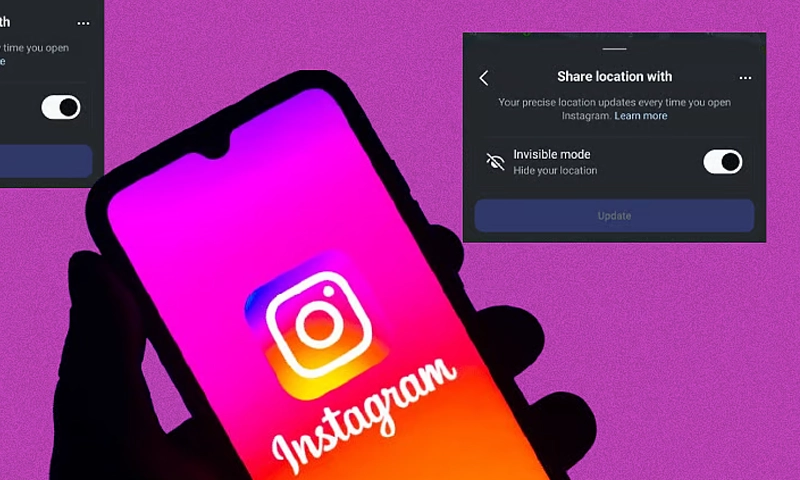
Tech
Instagram location sharing feature sparks privacy concerns
Instagram’s newly introduced location-sharing feature has prompted alarm among some users, who fear it could expose their whereabouts without their knowledge, potentially putting them at risk.
The Meta-owned image-sharing platform rolled out the option on Wednesday, allowing users to share their locations via an Instagram map, a function similar to one offered by rival Snapchat since 2017.
Several users have since claimed on social media that they were unaware their location was visible to others. “Mine was turned on and my home address was showing for all of my followers to see,” wrote Instagram user Lindsey Bell, responding to a TikTok warning from reality TV personality Kelley Flanagan, who described the feature as “dangerous” and urged followers to disable it.
In a video, Ms Flanagan provided step-by-step instructions for turning off location sharing, saying she was concerned about the safety implications.
Instagram chief Adam Mosseri responded on Threads, stressing that location sharing was off by default and could only be activated by a user. “Your location will only be shared if you decide to share it, and if you do, it can only be shared with a limited group of people you choose,” he wrote.
Read More
PM directs roadmap to boost IT exports to $30bn
Instagram said the feature, known as Friend Map, was designed to help friends connect and share posts from “cool spots,” adding that users could control who saw their location and turn it off at any time.
The controversy comes a week after a federal jury in San Francisco ruled in favour of women who accused Meta of exploiting health data collected by the Flo app, which tracks menstruation and fertility. The plaintiffs alleged Meta used sensitive health information to better target advertisements.
“This case was about more than just data — it was about dignity, trust, and accountability,” said lead attorney Carol Villegas. Evidence presented at trial indicated Meta was aware it was receiving confidential health data, with some employees allegedly mocking the nature of the information, according to the plaintiffs’ legal team.








